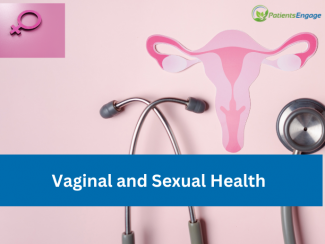
According to the Rome III criteria by the Rome Foundation, IBS may be classified on the basis of the patient’s stool characteristics, as defined by the Bristol Stool Scale:
1. IBS with constipation (IBS-C):
Hard stools > 25% of the time and loose stools < 25% of the time
This is accompanied by stomach pain and discomfort, bloating, abnormally delayed or infrequent bowel movement, or lumpy/hard stool. This is typically seen more commonly in women
2. IBS with diarrhea (IBS-D):
Loose stools > 25% of the time and hard stools < 25% of the time
Accompanied by stomach pain and discomfort, an urgent need to move your bowels, abnormally frequent bowel movements, or loose/watery stool. This is more commonly seen in men
3. IBS with mixed bowel habits or cyclic pattern (IBS-M):
Both hard and soft stools > 25% of the time
4. Un-subtyped IBS
Sometimes patients do not meet any of the above criteria.
Sometimes patients can transition between these subtypes as well.









